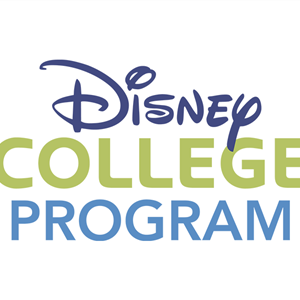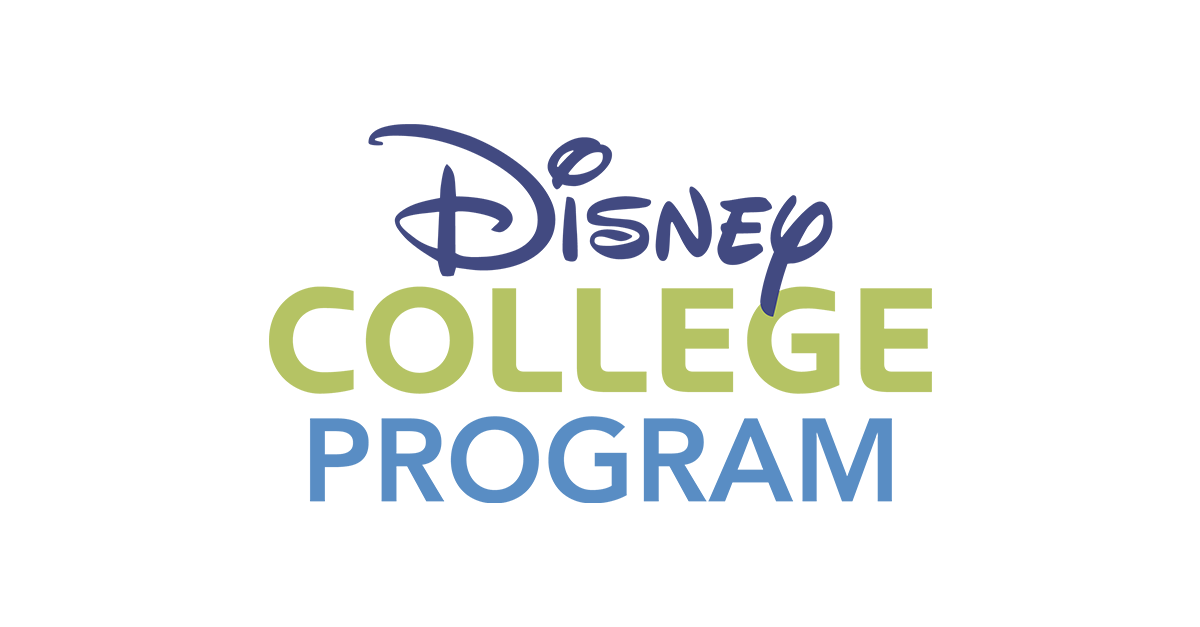Contact NAU's Internship Coordinator for students
Internship resources for students
Internship FAQs
What is an internship? Accordion Closed
An internship is a form of experiential learning that integrates knowledge and theory learned in the classroom with practical application and skills development in a professional setting. Internships give students the opportunity to gain valuable applied experience and make connections in professional fields they are considering for career paths; and give employers the opportunity to guide and evaluate talent.
An internship is a short-term (a few weeks, semester-or summer-long), supervised work experience with a professional organization related to your career interests or major. An internship has intentional learning objectives about a career, organization, or industry. These characteristics differentiate an internship from a part-time job or a volunteer experience.
Why should I do an internship? Accordion Closed
Beyond academic credentials, employers are looking for candidates who have acquired experience and achieved success in the workplace. Completing one or more internships is one way in which you can acquire this experience.
Some majors require internships, or have a practicum component built into the curriculum, while other areas of study encourage internships for career exploration and practical experience, but they are not required. For more internship opportunities associated with a given major, or to pursue credit for an internship, contact your departmental internship contact for more information.
Remember that whether you participate in an internship, practicum, capstone, clinical, or another variation of fieldwork, all of these experiences are considered experiential learning. You will have the opportunity to participate in real work projects and learn skills that can be reflected on your resume and applied in your future career.
There are many benefits to participating in internships and other forms of experiential learning. Regardless of whether or not your academic program requires it, this experience is highly valued by employers. Consider these internship advantages:
Make informed career choices:
- Try out a profession through a career experiment
- Gain firsthand knowledge of an employer
- Obtain professional mentors and references
- Develop realistic career goals and expectations
Increase employability:
- Obtain experience employers value
- Increase your competitive advantage
- Gain negotiating leverage
Gain educational advantages:
- Apply theory in the real world
- Develop new skills
- Earn academic credit
Where should I search for an internship? Accordion Closed
- NAU’s Handshake is a platform that is used by over 22,000 companies and 1,300 universities and colleges. At NAU alone, there are over 1,000 jobs on average posted each week. This is a great place to start in addition to outside job search platforms.
- LinkedIn has a job search platform that provides various ways of filtering entry level jobs, locations, industry, etc. Find alumni on NAU’s LinkedIn page to connect with and learn more about their career path.
- Indeed.com
- Internships.com
- Monster.com
- ZipRecruiter®
- There are other industry specific search engines available through “What can I do with this major?” – Employment Opportunities
- Schedule a 1:1 appointment with Career Development’s Internship Coordinator to practice internship searching strategies and preparing materials.
- Explore the Career Steps short lessons Internships: Finding an internship and Internships: Making the most of your internship.
When should I do an internship? Accordion Closed
There’s no one right answer to this question.
In terms of academic year, the answer is dependent on your reasons for completing an internship as well as employer requirements. If you’re seeking an internship in order to decide on a major or career, completing one as a sophomore, or even a freshman makes sense. If you find that employers in your field of interest prefer to hire juniors or seniors who have already completed related coursework, you will need to arrange informational interviews and job shadowing experiences in order to make your decision. If you’re seeking an internship that you’re hoping will open the doors to full-time, professional employment, completing one as a senior may be a good option.
Research the timelines of employer internship applications early in your academic career to learn about their requirements. The sooner you begin your search for an internship, the more options you’ll have. Some internships are highly competitive, with deadlines 9-12 months prior to the start of the internship. In general, you should begin your search 1-2 semesters before you plan to intern.
Some employers offer internship opportunities year-around (Fall, Spring, and Summer semesters), while others offer only summer internships, or even a few weeks to complete a project. Since summer is the most popular time to complete an internship, that’s when you’ll face the greatest competition; because fall internships are less popular with students.
Will I get paid for an internship? Accordion Closed
Think of an internship as an investment in your future career; a good internship experience can accelerate your career, which is something that money can’t do. Also realize that even unpaid internships cost employers money in terms of the time required to hire, train, and supervise interns.
Some organizations may offer a few paid internships. There’s no direct correlation between internship pay and quality of an experience. There are many unpaid internships that are of significant value.
Ask questions of employers during the interview process to determine whether or not a specific internship will provide the opportunities for learning and skill development that you’re seeking. You could even discuss the ability of balancing an internship with a part-time job.
How can I earn credit for an internship? Accordion Closed
Speak to your academic department and academic advisor to determine whether you can earn credit for a specific internship experience.
The Center for International Education offers opportunities for internships abroad through the Global Research and Internship Program. This program allows students to intern internationally while receiving academic credit.
Can I use my part-time job as an internship? Accordion Closed
Maybe. This is a situation where you would have to work with your employer to create your own internship. This would require performing career-related work that is distinctly different from your regular duties (and, depending on your employer’s needs, possibly in addition to your regular hours). Speak with your employer and your academic department’s internship contact; they’re the ones who can work with Career Development’s Internship Coordinator.
Must I quit my current part-time job in order to complete an internship? Accordion Closed
In many cases, no. The majority of internships are part-time (usually 10-15 hours/week), with internship hours often scheduled between 8 a.m. and 5 p.m. (depending on the industry).
Students often find they can most easily balance an internship with a job in the summer (when they aren’t taking classes). Others work out agreements with their supervisor to temporarily reduce the number of hours they work a current job to enable them to juggle the job with an internship and their class schedule during either a fall or spring semester.
For more in-depth information, explore the Career Steps online lessons:




